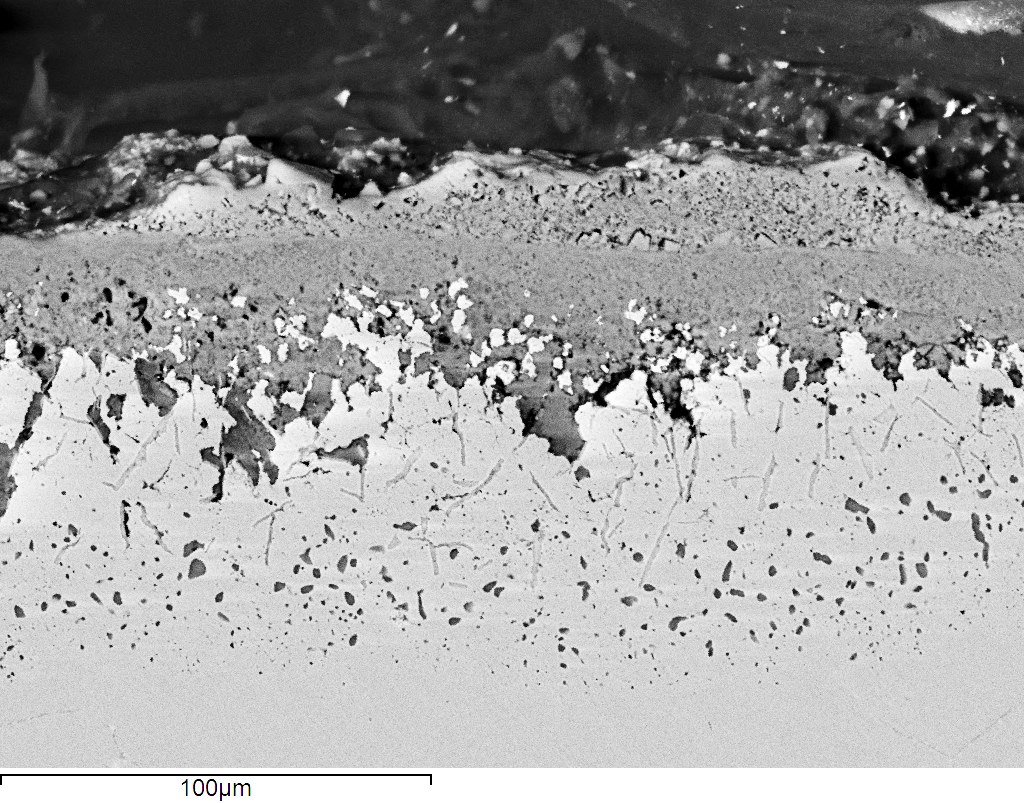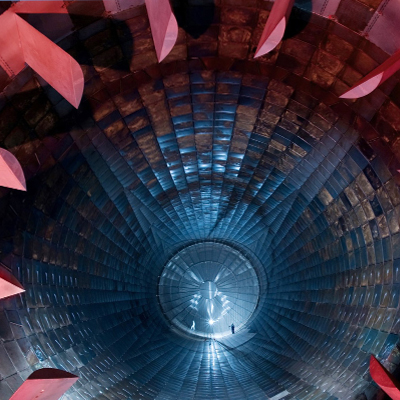This 11-partner European collaboration aimed to increase the efficiency of existing and new build coal-fired power plants by demonstrating advanced materials and coatings technologies.
Key facts
-
The €10.3 million project was a five-year European collaboration called NextGenPower.
-
Greater efficiency necessitates higher temperatures and pressures in the boiler, steam turbine and interconnecting pipework.
-
Candidate alloys and coatings for use in advanced combustion and steam environments were tested in our laboratory and pilot-scale facilities.
- Funded by European Commission’s Seventh Framework Programme (FP7) which contributed €6 million to the project.
Impact of our research
We and our NextGenPower project partners evaluated alloys and coatings that could be used to construct new more efficient coal-fired plant, or to upgrade existing plant. Our innovative research, using our own specialist facilities and assessment techniques, has widened the knowledge base for materials exposed to these advanced combustion and steam conditions. This should significantly contribute the reduction of emissions from pulverised coal-fired power plants, enabling greater efficiency and the implementation of carbon capture and storage systems.

Why the research was commissioned
Carbon capture and storage (CCS) is an important technology that would allow thermal power plant to contribute significantly to CO2 reduction targets set by the EU. However, the drawback of CSS is that the additional operating power required leads to a lower overall electrical efficiency.
This can be overcome by either increasing the base efficiency of the plant or by co-firing with biomass, which is regarded as a CO2 neutral fuel. Materials technology is the limiting factor, as currently available alloys and coatings cannot operate under the higher temperatures that are needed to compensate for efficiency losses caused by CCS.
Why Cranfield?
Our expertise in combustion technologies and materials performance testing is internationally recognised and respected. As well as strong research backgrounds our academics have significant industrial experience, which has allowed us to develop facilities, techniques, and methodologies that are both academically rigorous and industrially relevant. These resources gave a unique perspective to the project and were vital to its success.
